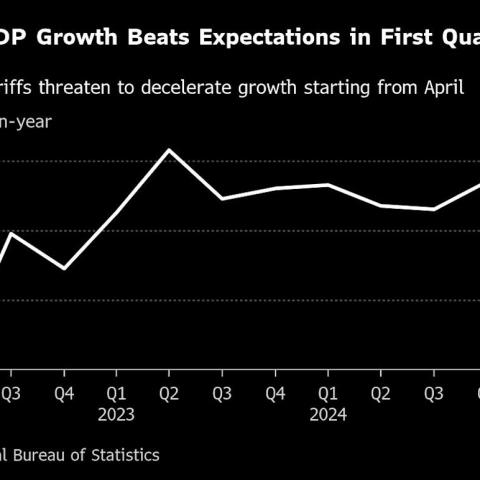Wellness trends come and go. From the low-fat crazes of the early 2000s to today’s talk about ultra-processed foods, it’s a changing landscape. Now, the buzzword is "biohacking." This trend is championed by figures like Bryan Johnson. Many podcasts dive deep into the ideas of cell health and biological age.
What is Biological Age?
Biological age measures how well your body is functioning. It’s different from chronological age, which is just the number of years since you were born. Experts suggest that biological age offers a clearer picture of your health.
Dr. Mattias Bernow, CEO of Cellcolabs, states, “Biological age reflects how your body performs based on lifestyle and health." In practical terms, two people of the same chronological age can be significantly different biologically depending on their lifestyles.
Dr. Mohammed Enayat, a GP and founder of the longevity clinic HUM2N, emphasizes that factors like stress and activity level have a big impact. You might have a 50-year-old friend who feels like they’re 35, while another might feel like they’re 65.
What Speeds Up Aging?
The good news is that many factors contributing to accelerated aging can be altered. Chronic stress, poor sleep, and a diet high in ultra-processed foods are major players. Ironically, while parenting can be beautiful, the stress and sleep deprivation it brings can age you more quickly.
Inflammation is also a significant factor. Bernow points out that many modern stressors lead to chronic inflammation, which contributes to age-related problems. But this isn’t a final verdict; making small changes can have a substantial impact on how we age.
Lifestyle Changes That Matter
So, what changes can you make to age more gracefully? Here’s a simple list based on scientific findings:
- Get quality sleep.
- Stay active with regular exercise.
- Eat a balanced diet rich in whole foods.
- Foster meaningful relationships.
- Avoid harmful substances like excessive alcohol.
Dr. Enayat recommends intermittent fasting and resistance training, emphasizing that these strategies can slow biological aging. Interestingly, how these diets affect men and women may vary significantly.
The Role of Genetics
Many believe that aging is predetermined by genetics. However, that’s not the whole story. Enayat says, “Genes load the gun, but lifestyle pulls the trigger.” Research suggests that genetics account for only 20-30% of aging, while environment and behavior play a major role.
Do Supplements Really Help?
Supplements offer claims ranging from healthier skin to energy boosts. Some, like protein and collagen, can be effective if used properly. Other supportive options include fish oil and magnesium. However, these should complement healthy habits, not replace them. Bernow warns that while some supplements are beneficial, many are poorly regulated.
Finding Your Biological Age
Interested in knowing your biological age? You’ll need a blood test. Tests like the Horvath Clock and GlycanAge analyze DNA methylation patterns to provide insights. Bryan Johnson, for instance, reportedly has a biological age of just 0.66 years per year based on the DunedinPACE test.
Experts’ Daily Habits
What do experts do daily to maintain their biological health?
Dr. Enayat follows a balanced routine, mixing weight training, plant-based foods, and intermittent fasting. He believes the key is consistency rather than perfection.
Bernow, on the other hand, combines light workouts with quality family time and a healthy diet. He echoes the same message: longevity is carried out through daily choices made over time.
In conclusion, while biohacking may sound futuristic, the essence of aging well is grounded in simple, sustainable habits. Prioritizing balance and relaxation can go a long way in enhancing our health and well-being.
For further insights on longevity and health, you might check out Harvard Health for research findings and tips tailored to your lifestyle.





















